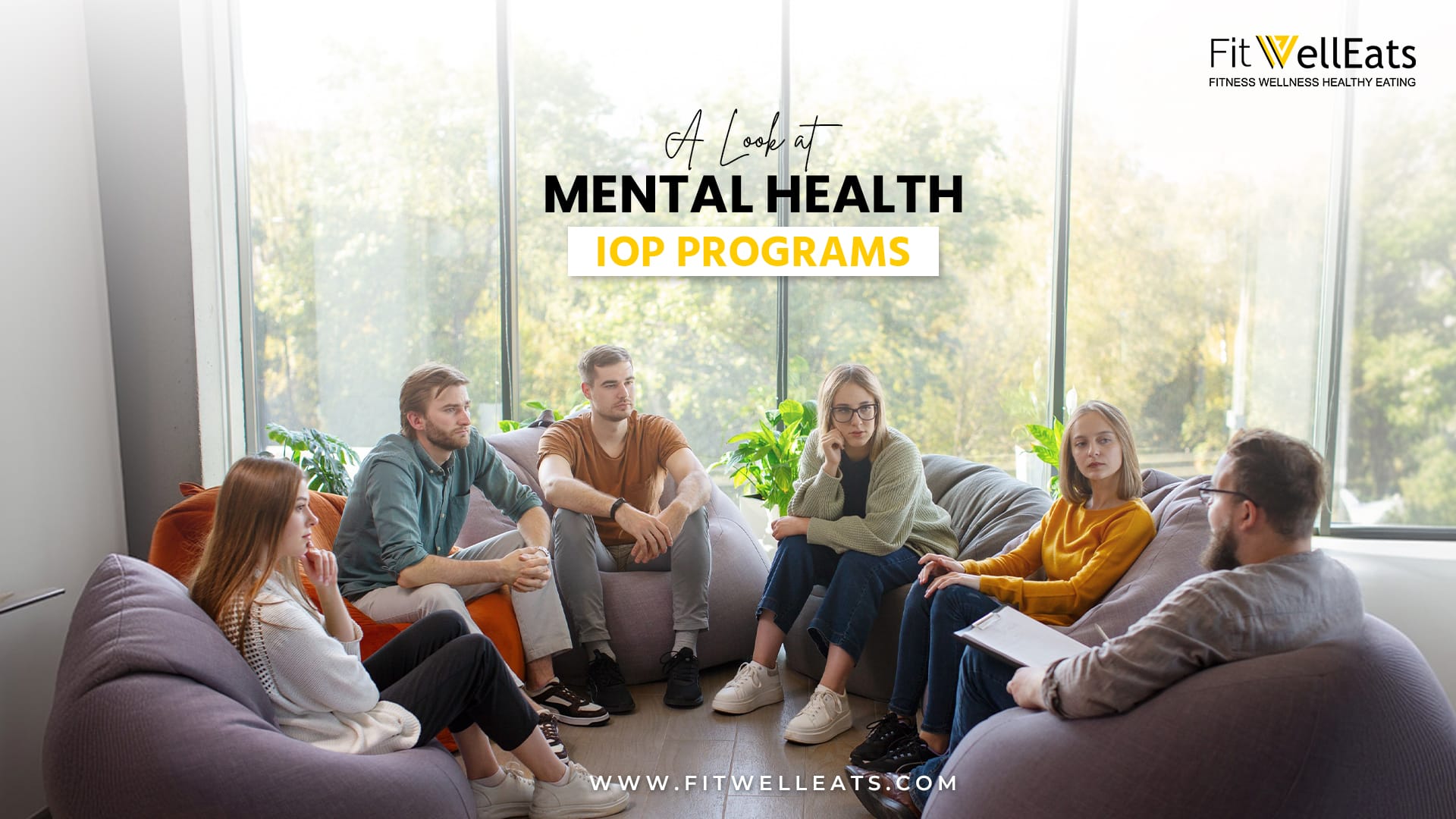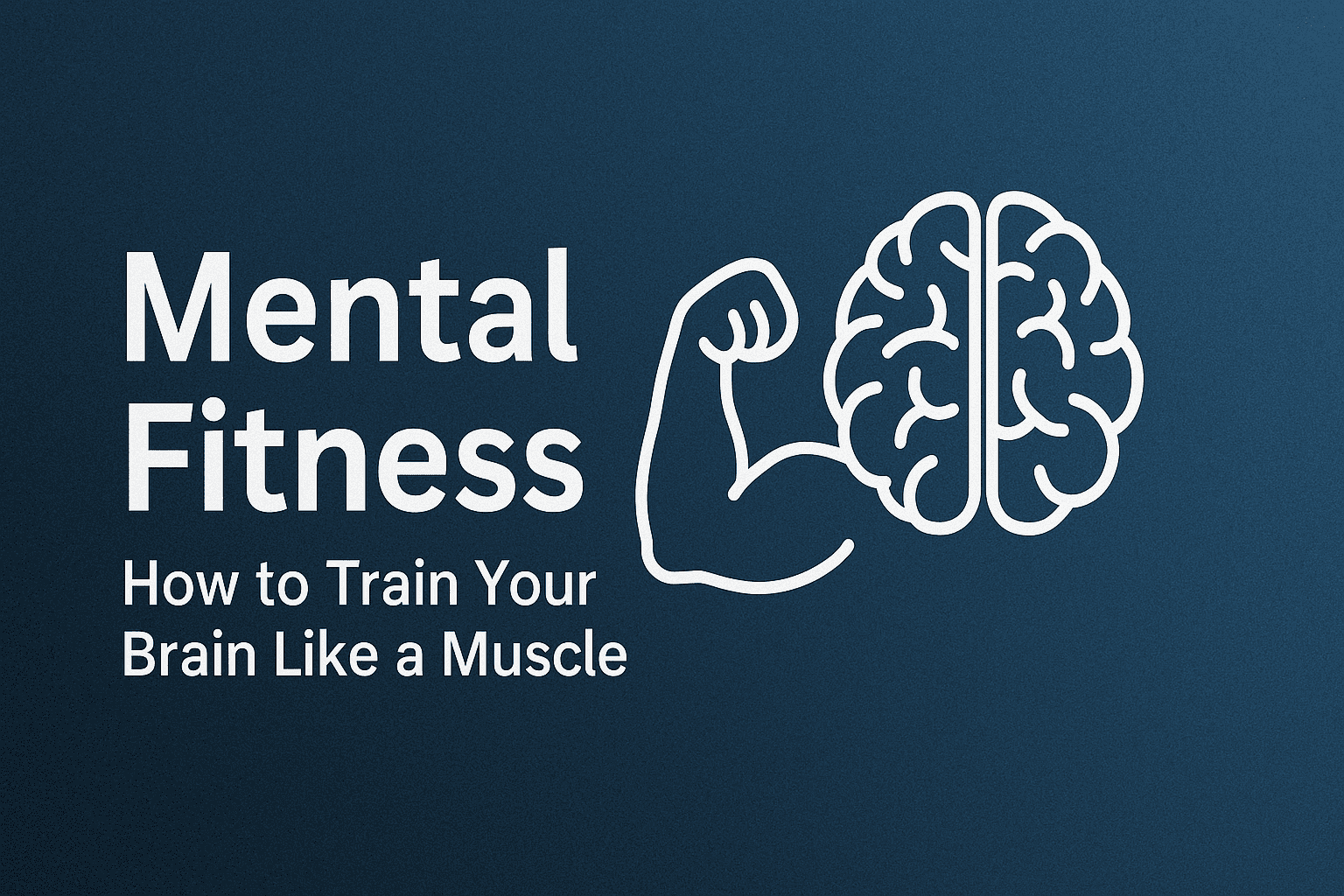
Have you ever considered what it would be like without alcohol? Trying to go 100 days without alcohol is a journey that can completely change your mental and physical health. If you want to stop drinking for personal growth, better health, or mental clarity, knowing the alcohol-free benefits can help you stay motivated.
This article discusses the effects of alcohol on mental health, the alcohol detox benefits, and how being sober improves overall health. We also advise you to keep up with a mental health maintenance plan while adding fitness, focused extra exercises for the best results. This guide has tips you can use immediately to stay on track and try to quit drinking journey.
The Effects of Alcohol on Mental Health
Alcohol has been linked to mental health problems like anxiety, depression, and memory loss for a long time. While alcohol may help you relax for a short time, using it too much can hurt your brain and make you less stable emotionally.
How Alcohol Impacts Mental Health
- Increases Anxiety & Depression: Neurotransmitter balance is thrown off by alcohol, which makes depression and anxiety worse.
- Impairs Cognitive Function: Long-term drinking can make remembering things, concentrating, and making decisions harder.
- Disrupts Sleep Patterns: Alcohol gets in the way of REM sleep, which makes you tired and mentally worn out.
- Affects Emotional Regulation: Serotonin levels drop when you drink a lot, which makes it harder to control your emotions.
When individuals stop consuming alcohol, they frequently notice enhanced mental clarity after quitting alcohol within a few weeks, resulting in better emotional resilience and sharper cognitive abilities.
Alcohol Detox Benefits: What Happens When You Quit Drinking?
When you decide to go 100 days without alcohol, you’ll notice some amazing changes in both your body and mind. Let me share some important benefits with you:
Physical Health Improvements
- Liver Regeneration: Your liver starts to heal, which makes it better at cleaning out your body.
- Better heart health: Blood pressure levels are off, lowering heart disease risk.
- Better Skin Health and Hydration: Drinking alcohol dehydrates the body; giving up alcohol will make your skin glow and keep you hydrated.
- Weight Loss: Giving up alcohol can help you lose weight by cutting down on the calories you eat.
Mental Health Benefits
- Reduced Depression and Anxiety: Mood stabilizes, and anxiety levels drop.
- Better Focus and Clarity: Many people say their minds are mental clarity after quitting alcohol, which makes them more productive.
- Better Sleep Quality: When you stop drinking, your sleep cycles return to normal, which gives you more energy.
How to Maintain Sobriety and Mental Health
Getting over an alcohol dependence requires both mental and physical steps. To stay on track, do these things:
1. Create a Mental Health Maintenance Plan
Making a structured mental health maintenance plan can help you stay committed to sobriety. These are:
- Journaling: Keep track of your feelings and progress.
- Mindfulness and Meditation: It can help you feel less stressed and more emotionally balanced.
- Therapy or Support Groups: Professional help from groups like Bridges of Hope Anderson can be helpful.
2. Incorporate Fitness and Additional Exercises
Exercise is key to staying sober by lowering stress and increasing endorphins. Here are some good workouts:
- Yoga & Meditation: Help with feeling more stable emotionally.
- Strength Training: Physical well-being and boosts your confidence.
- Cardio Workouts: Good for your mood and give you more energy.
Fitness Quest Physical Therapy-Port Charlotte offers personalized fitness plans and a free fitness assessment to learn more about your health.

The Science Behind Sobriety and Mental Clarity
Studies have shown that giving up alcohol is good for your mental health. Some research highlights are:
- The National Institute on Alcohol Abuse and Alcoholism (NIAAA) did a study that showed getting off of alcohol greatly improves anxiety and depression.
- The American Journal of Psychiatry says that people who don’t drink have better cognitive function and the ability to make decisions.
These results show that staying sober can help people build a strong base for long-term mental and emotional stability.
Success Stories: Transformations After 100 Days Without Alcohol
Many individuals have shared inspiring experiences after quitting alcohol. Here are a few:
- John, 35: “After 100 days without alcohol, I lost 15 pounds, my skin cleared up, and my energy levels soared.”
- Lisa, 42: “My anxiety reduced drastically. I better sleep and have a stronger connection with my family.”
- Michael, 28: “Fitness became my new passion. I joined a gym, got a free fitness assessment, and now I’m healthier than ever.”
These real-life experiences highlight the advantages of living alcohol-free benefits and inspire others to adopt a sober lifestyle.
Take the First Step: Your 100-Day Challenge
Are you ready to transform your life? Here’s how you can begin:
- Make a Plan: Write down the reason you want to stop.
- Find Help: Talk to other people trying to quit drinking journey.
- Stay Active: Do more fitness and additional exercises to balance your mind and body.
- Keep track of your progress: Write in a journal and mark important events.
- Get help from a professional: For help, check out Bridges of Hope Anderson or Fitness Quest Physical Therapy-Port Charlotte.
Final Thoughts
Quitting alcohol for 100 days is a big step toward living a healthier and happier life. This journey is worth it because of the alcohol detox benefits, better mental health, and better physical health. The benefits are clear, whether you want to get your mind back for mental clarity after quitting alcohol, have a structured mental health maintenance plan for keeping your mental health in good shape, or make a complete change in your lifestyle.
Start your journey today, and look forward to a new time alcohol-free!
Call to Action
Are you ready to take charge of your health? Share your progress with us as you try to attend the 100 Days Without Alcohol Challenge. You can get help from Bridges of Hope Anderson or book a free fitness assessment if you need it. Let’s make getting sober a life-changing experience!
Disclaimer: This article is for informational purposes only and should not replace professional medical or psychological advice.
Related Posts
Disclaimer
⚠ Disclaimer – FitWellEats.com
All content on FitWellEats.com is for informational purposes only. It does not replace professional medical advice. We may earn a commission from affiliate links (at no cost to you).










